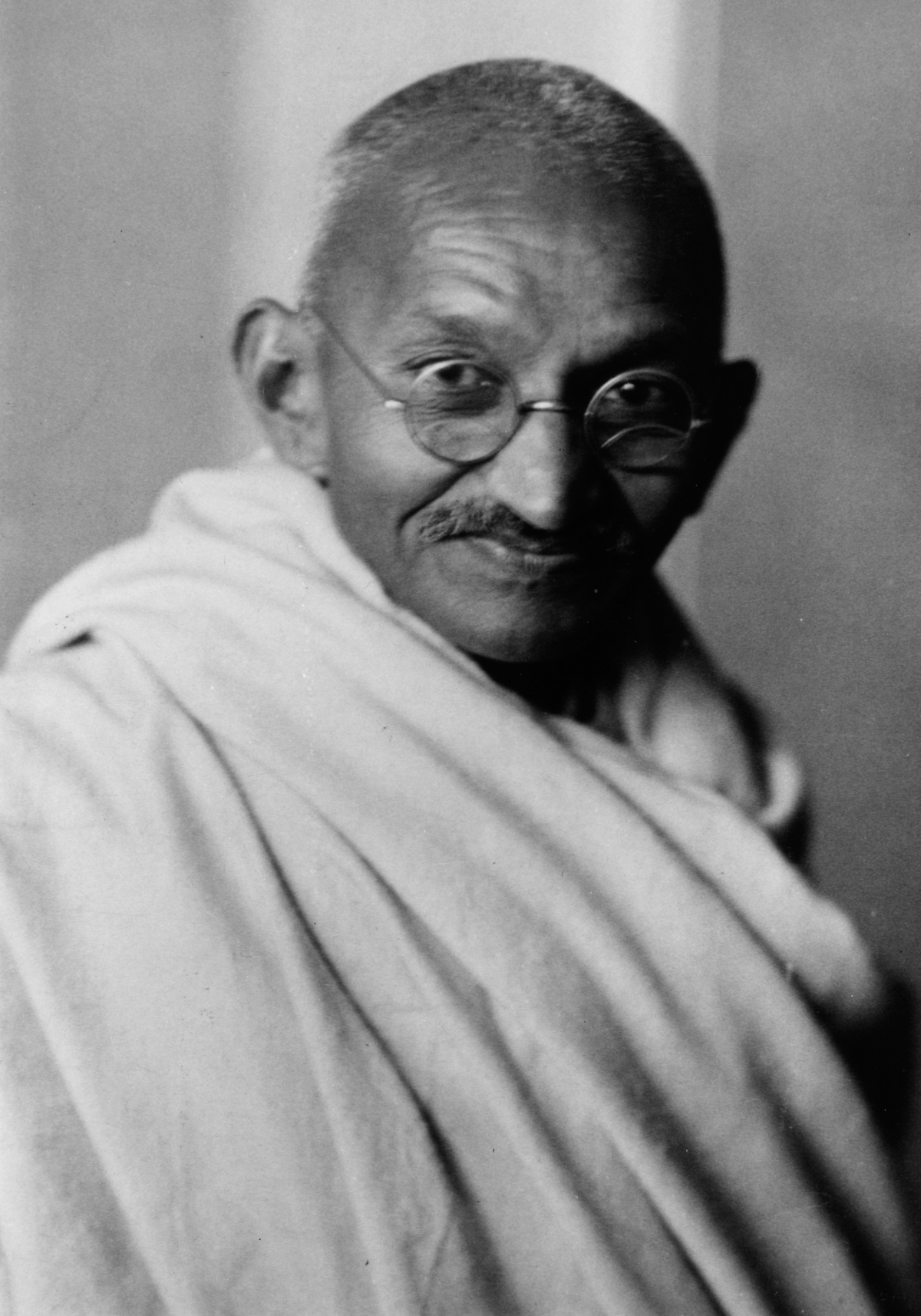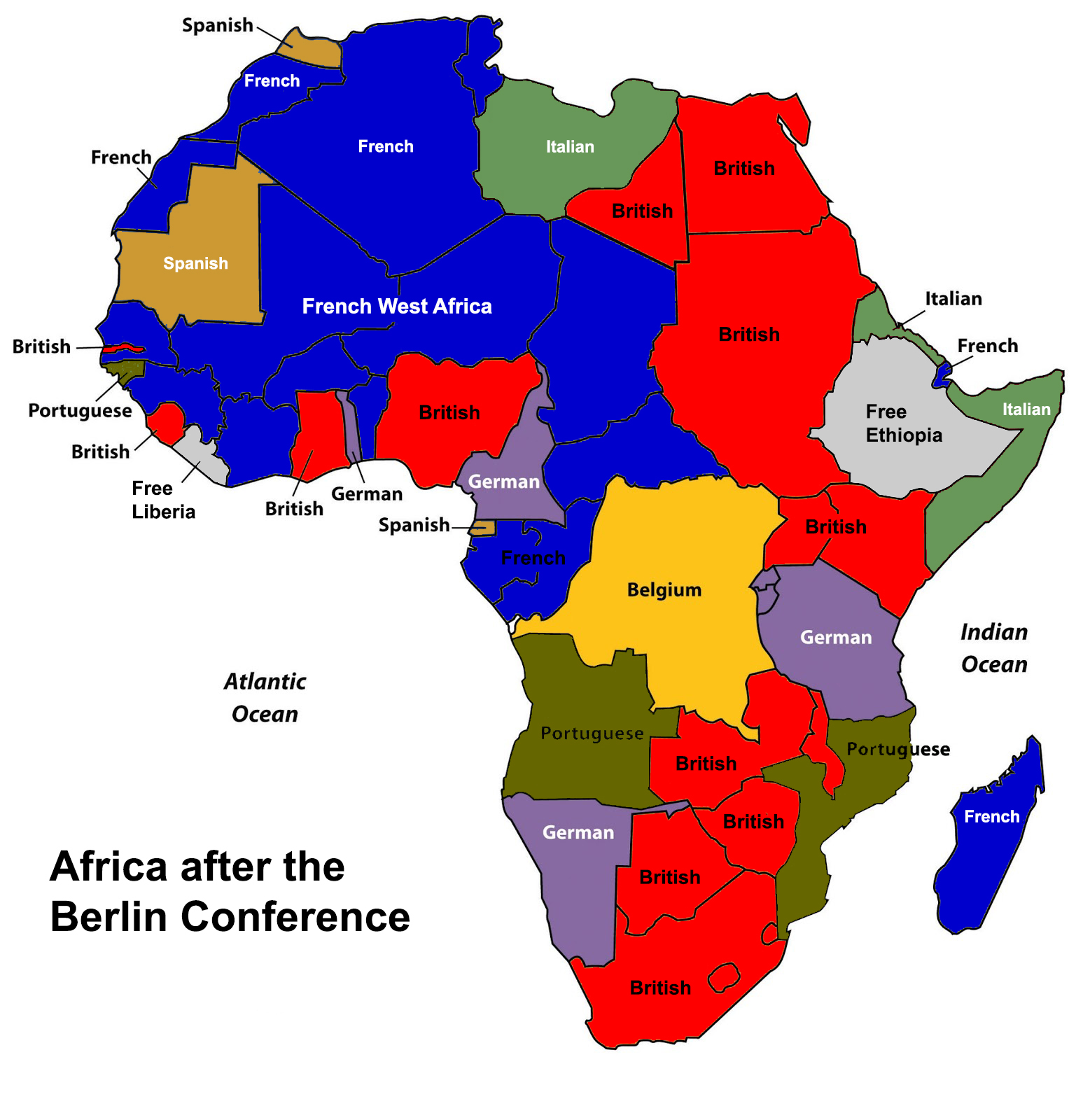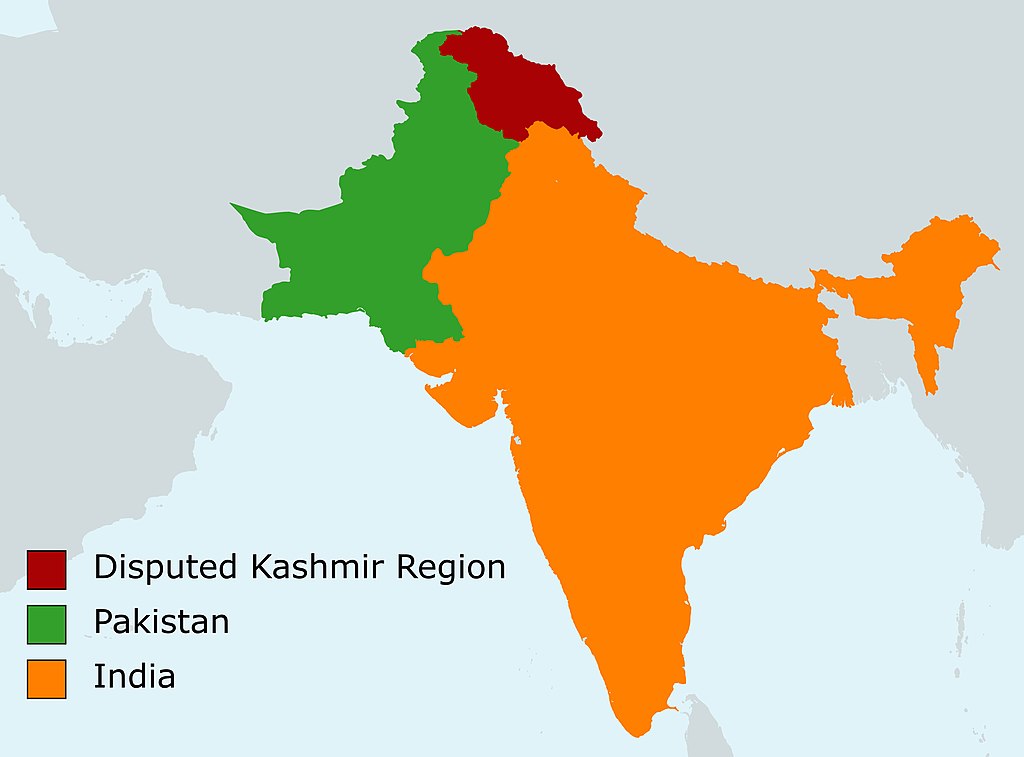He is known for "finding the Americas" and kicking off the Great Exchange
Christopher Columbus 
This is where industrialization first took place.
Great Britain
This event marks the second round of globalization and results from Christopher Columbus' trip to the Americas in 1492.
Grand Exchange
This law was passed in 1876 and has been recognized for assimilating Indigenous peoples and introducing them to the Residential School System.
The Indian Act
This practice was heavily motivated by trade. It is the policy of extending a country's power by acquiring new territories and establishing control over other countries' raw materials and peoples.
Imperialism
He is a Scottish economist known as the Father of Capitalism. He is the author of the book, “The Wealth of Nations.”
Adam Smith
A genocide took place here in 1994 between the Hutus and Tutsis.
Rwanda 
This event is directly tied to the Berlin Conference where colonial powers met to divide up this continent.
The Scramble for Africa
The last residential school closed in _______.
1996
The act of moving from one place to another due to negative circumstance or force.
Displacement
Known worldwide as the Great Soul of India, recognized for his non-violent protests & loving nature.
Mahatma/Mohandas Gandhi 
The only two countries NOT colonized by imperial powers during the Scramble for Africa.
Liberia and Ethiopia

This conflict was fought between France and Britain from 1756-1763, involved various European powers and is considered to be the first global war by some historians. This conflict resulted in Britain gaining control of New France.
Seven Year's War
This document was issued by King George III of Britain following the end of the Seven Years' War. It recognized Indigenous peoples' right to land and established the foundation for treaty-making.
Royal Proclamation
This practice stems from imperialism and is a policy followed by European imperial powers from the 16th-19th century. In colonies, trade was strictly controlled to benefit the economy of the imperial powers. Once this practice fell, capitalism took over.
Mercantilism
He is the King of Belgium, known for his brutal treatment of the Congolese & kickstarting the Scramble for Africa.
King Leopold II of Belgium 
Before Canada became Canada, it was colonized by the French & then the British. During this time, it was called...
New France
This event took place in the 1960s in Quebec, where conversations regarding Francophone language, culture, and education took place.
The Quiet Revolution
This period brought about dramatic economic, social, and cultural change. It occurred between 1750 and 1850 when work became mechanized & began to occur in factories.
Industrial Revolution
This occurs when one supplier dominates an industry, and may result in high prices due to the lack of competition.

Nobel Prize winner ____________ fought against apartheid in South Africa and established the Truth & Reconciliation Commission.
Nelson Mandela 
Since India independence and the creation of Pakistan, there has been continuous disagreement over the control of this region.
 Kashmir
Kashmir
To combat the issue of poverty in Bangladesh, Muhammad Yunus created a micro-loan system to help individuals get out of poverty by starting a business. Women were the primary clients of this business.
Grameen Bank
Between 1871-1877 and 1899-1921 "cash for land agreements" (i.e., _______________) were signed between the Canadian government and First Nations peoples.
Numbered Treaties
The United Nations recommends that developed nations contribute _______ amount of their GNI to foreign aid.
0.07% of their GNI
/arc-anglerfish-tgam-prod-tgam.s3.amazonaws.com/public/Z2OPE6HJFFEOVOSCBKATOFUZ6U)